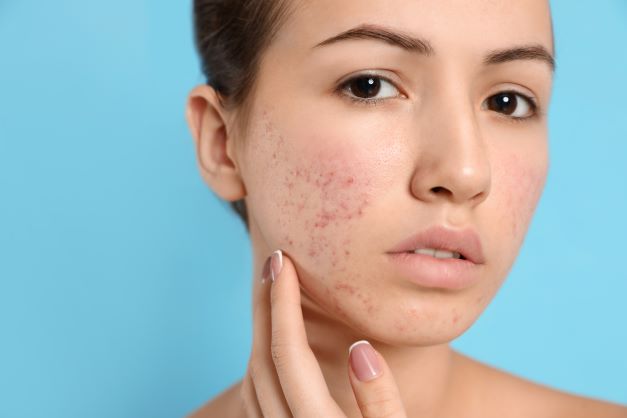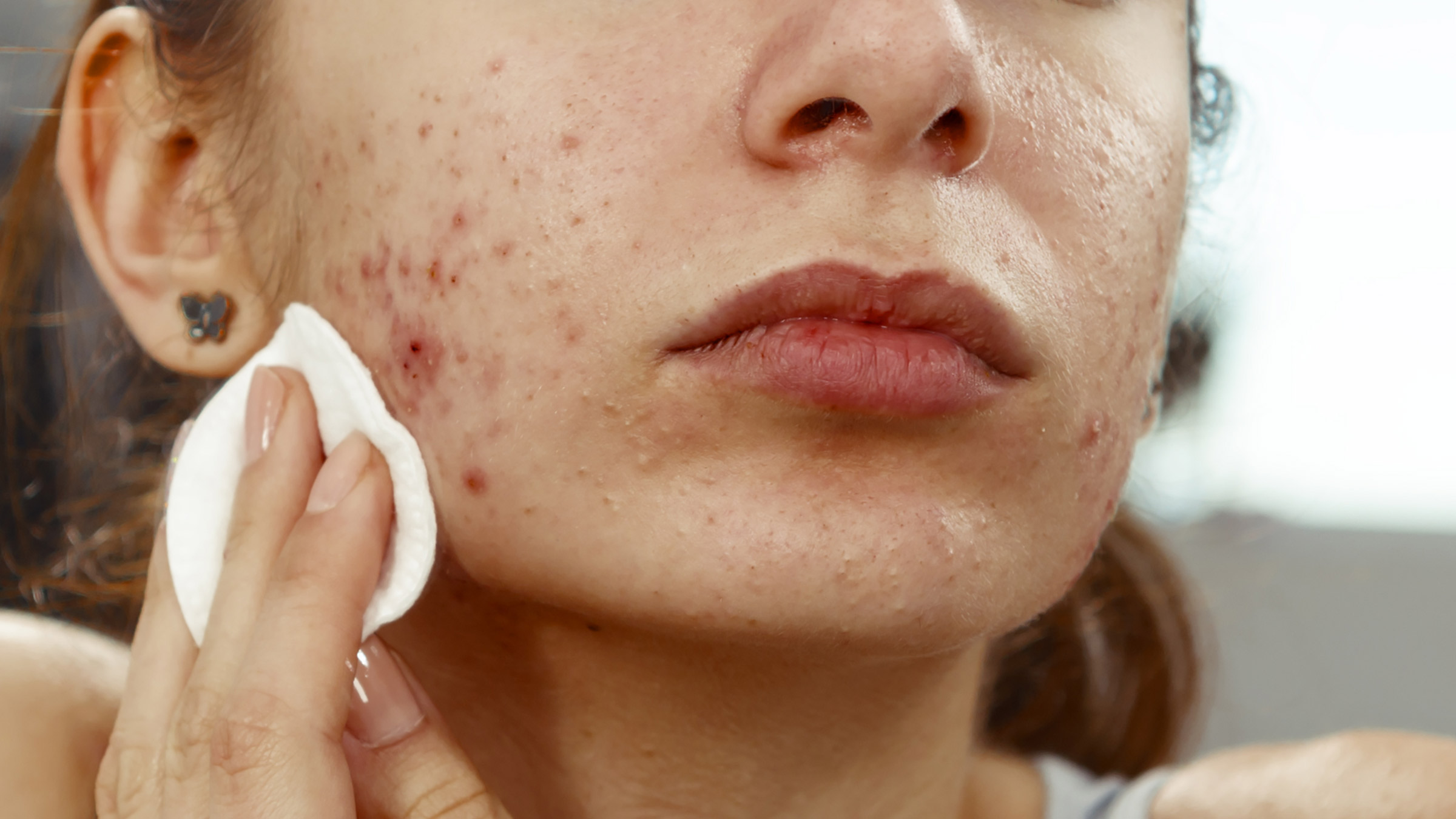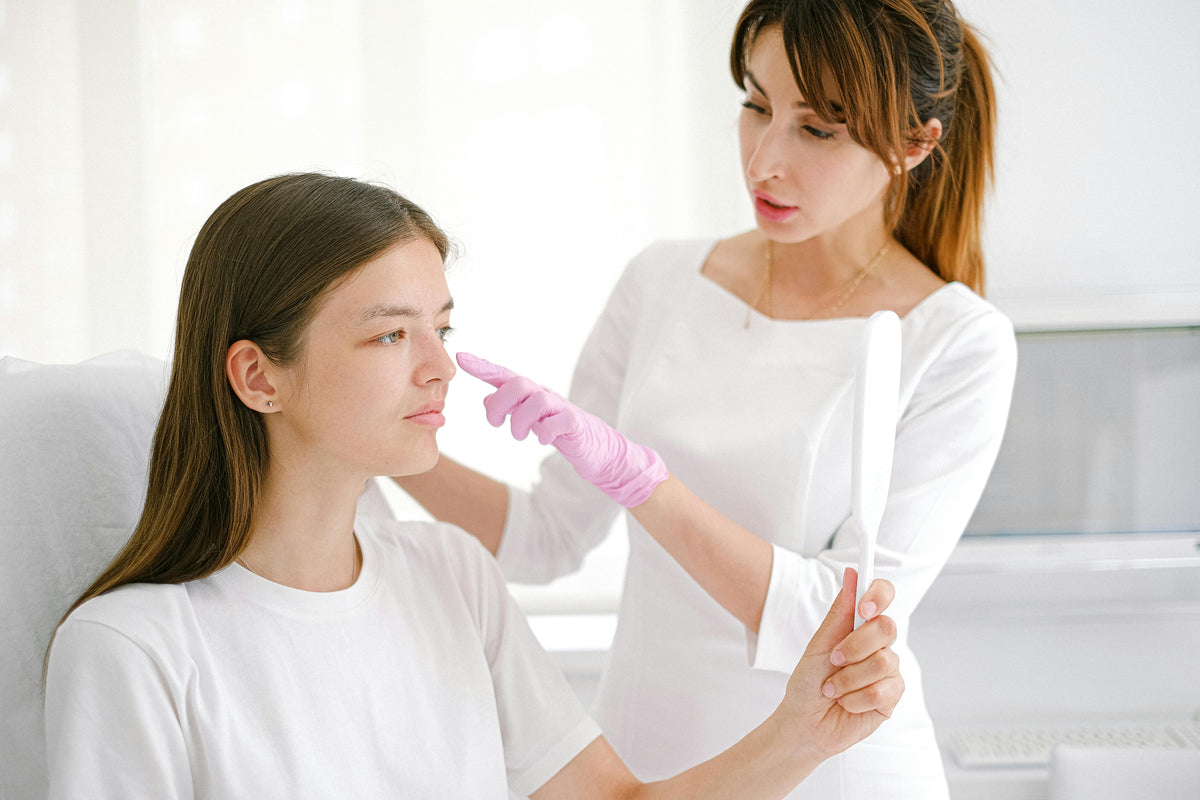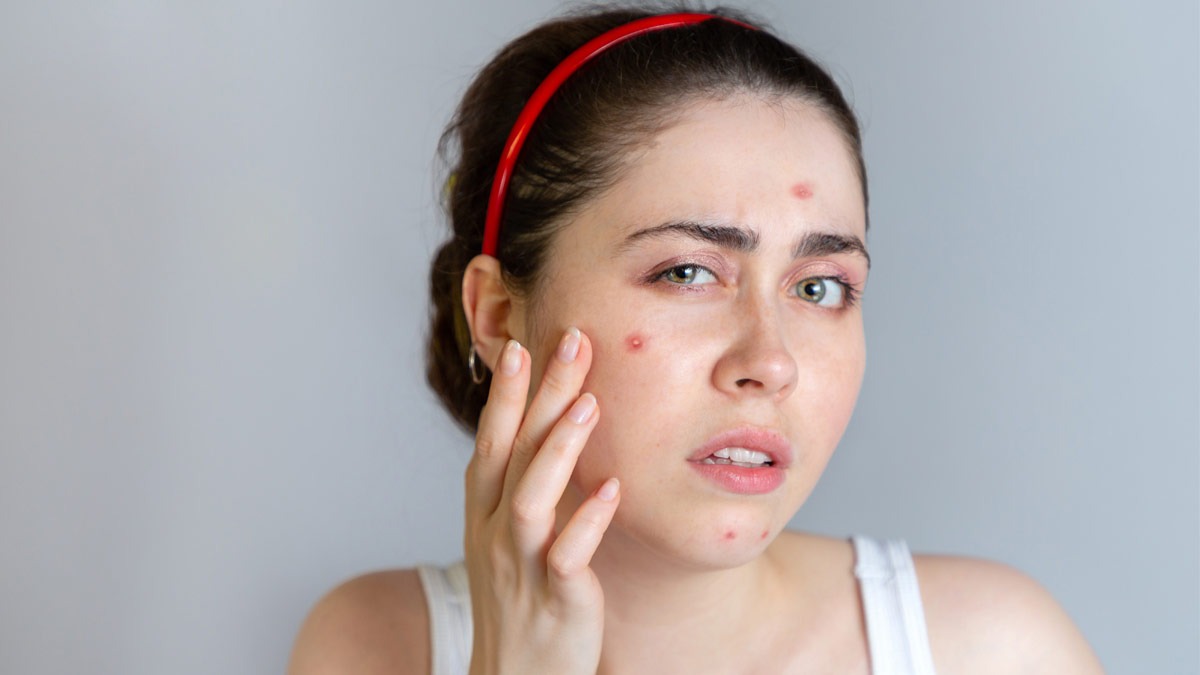Acne is one of the most common skin conditions worldwide, affecting people of all ages. While many cases can be managed with over-the-counter treatments, some forms of acne require professional medical care. Understanding when to see a dermatologist for severe acne is essential for effective treatment and minimizing long-term skin damage.
This guide explains the signs that your acne may need professional care, what you can expect from a dermatologist visit, and evidence-based treatment options.

What Is Severe Acne?
According to the American Academy of Dermatology (AAD), acne is classified based on severity:
-
Mild acne: Few blackheads or whiteheads, occasional small pimples.
-
Moderate acne: More frequent papules and pustules (inflamed bumps).
-
Severe acne: Nodules and cysts (large, painful lumps deep under the skin), widespread inflammation, and risk of permanent scarring.
Severe acne often does not improve with standard drugstore treatments. Instead, it may require prescription medication or procedures performed by a licensed dermatologist.
Source: American Academy of Dermatology (aad.org)

Signs You Should See a Dermatologist
Below are medically recognized reasons to seek dermatology care for acne:
1. Presence of Nodules or Cysts
Cystic and nodular acne is considered the most severe form. Nodules are firm, painful lumps under the skin. Cysts are softer but often even larger and filled with pus. Both types can cause significant pain and often lead to scarring.
Why it matters: Over-the-counter treatments typically cannot penetrate deeply enough to treat cystic lesions. Prescription-strength therapies are more effective.
Source: Mayo Clinic (mayoclinic.org)
2. Persistent or Relapsing Adult Acne
While acne is often associated with adolescence, many adults experience persistent or late-onset acne:
-
Persistent acne: Acne that continues from adolescence into adulthood.
-
Late-onset acne: Acne that develops for the first time in adulthood.
Hormonal changes, stress, certain medications, and underlying medical conditions can contribute. A dermatologist can evaluate potential causes and develop a tailored treatment plan.
Source: Journal of Clinical and Aesthetic Dermatology (ncbi.nlm.nih.gov)
3. Severe Psychological or Social Impact
Severe acne can cause distress, embarrassment, and anxiety. If acne is affecting your self-esteem, social life, or mental health, it’s a valid reason to consult a dermatologist.
According to studies published by the British Journal of Dermatology, people with acne have higher rates of depression and anxiety. Seeking treatment can improve both skin health and emotional well-being.
Source: British Journal of Dermatology (onlinelibrary.wiley.com)
4. Risk or Presence of Scarring
If your acne is causing or threatening to cause scars, see a dermatologist immediately. Scarring can be permanent, but early medical treatment can reduce the severity.
Dermatologists can offer procedures like:
-
Chemical peels
-
Laser therapy
-
Microneedling
-
Prescription topical retinoids
Source: American Academy of Dermatology (aad.org)
5. Lack of Improvement with Over-the-Counter Products
If you’ve tried non-prescription acne treatments for several weeks without noticeable improvement, it’s time to see a professional. Dermatologists can prescribe stronger medications such as:
-
Oral antibiotics
-
Topical or oral retinoids
-
Hormonal therapies (for women)
-
Isotretinoin (for severe cystic acne)
Source: Mayo Clinic (mayoclinic.org)
:max_bytes(150000):strip_icc()/experienced-pediatrician-examining-patient-face-in-the-hospital-671343362-91d91ca77b8046ab843452aeeba6d5b1.jpg)
What to Expect at a Dermatologist Visit
A dermatologist will perform a comprehensive evaluation to understand your acne type, triggers, and severity. The assessment may include:
-
Medical history review
-
Skin examination
-
Discussion of lifestyle factors (diet, stress, cosmetics)
-
Blood tests (in rare cases, e.g., suspected hormonal causes)
Your dermatologist will then develop a personalized treatment plan.

Evidence-Based Acne Treatments
Professional treatments for severe acne are based on research and clinical guidelines. Common options include:
Topical Treatments
-
Retinoids: Derived from vitamin A, they help prevent clogged pores.
-
Antibiotics: Reduce bacteria and inflammation.
-
Azelaic acid: Helps clear pores and reduce swelling.
Source: American Academy of Dermatology
Oral Medications
-
Antibiotics: For moderate to severe inflammatory acne.
-
Hormonal therapy: Birth control pills or anti-androgens for women with hormonally driven acne.
-
Isotretinoin: A powerful retinoid reserved for severe cystic acne that doesn’t respond to other treatments.
Source: Mayo Clinic

In-Office Procedures
-
Drainage and extraction: For large cysts.
-
Corticosteroid injections: Quickly reduce inflammation and pain in severe cysts.
-
Chemical peels and laser therapy: Improve active acne and reduce scarring.
Source: American Academy of Dermatology
Preventing Severe Acne
While some factors are beyond control (such as genetics), the following evidence-based tips can help reduce acne flare-ups:
-
Gentle cleansing: Wash face twice daily with a mild cleanser.
-
Non-comedogenic products: Use skincare and makeup labeled “non-comedogenic” to avoid clogging pores.
-
Avoid picking or squeezing pimples: This can worsen inflammation and cause scarring.
-
Healthy lifestyle: Manage stress, eat a balanced diet, and get enough sleep.
Source: Mayo Clinic
When to Seek Urgent Care
Though rare, some acne-related conditions require urgent medical attention. Examples include:
-
Severe allergic reactions to medication (rash, difficulty breathing)
-
Signs of infection in acne lesions (severe pain, warmth, pus, fever)
If you experience these, seek prompt medical care.
Source: Mayo Clinic
Conclusion
Severe acne is a medical condition that deserves proper treatment. If you have cysts, nodules, scarring, persistent breakouts, or significant emotional distress due to acne, consult a board-certified dermatologist. Early, professional treatment can help manage symptoms, reduce scarring, and improve quality of life.
For the most reliable, up-to-date information, always refer to respected health organizations such as:
-
American Academy of Dermatology
-
Mayo Clinic
-
National Institutes of Health (NIH)
